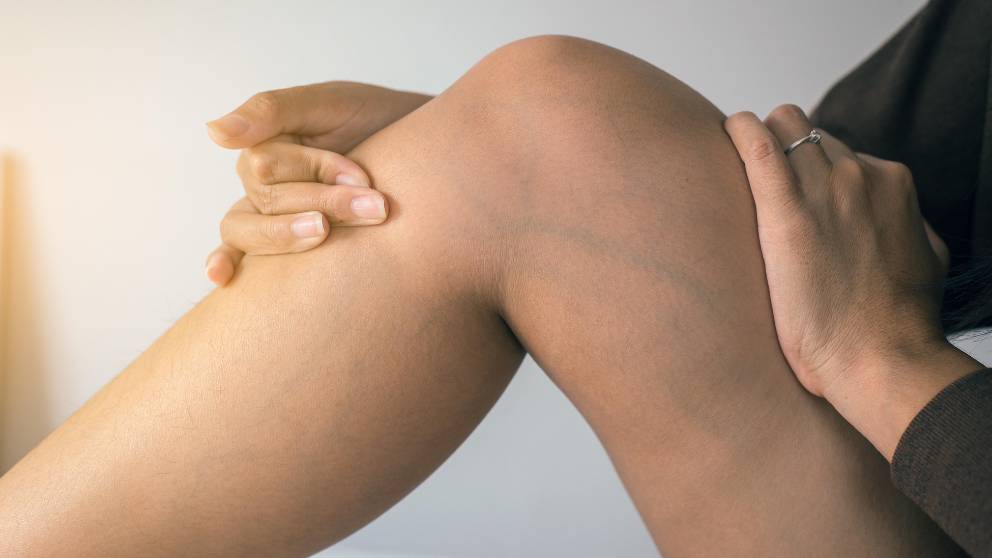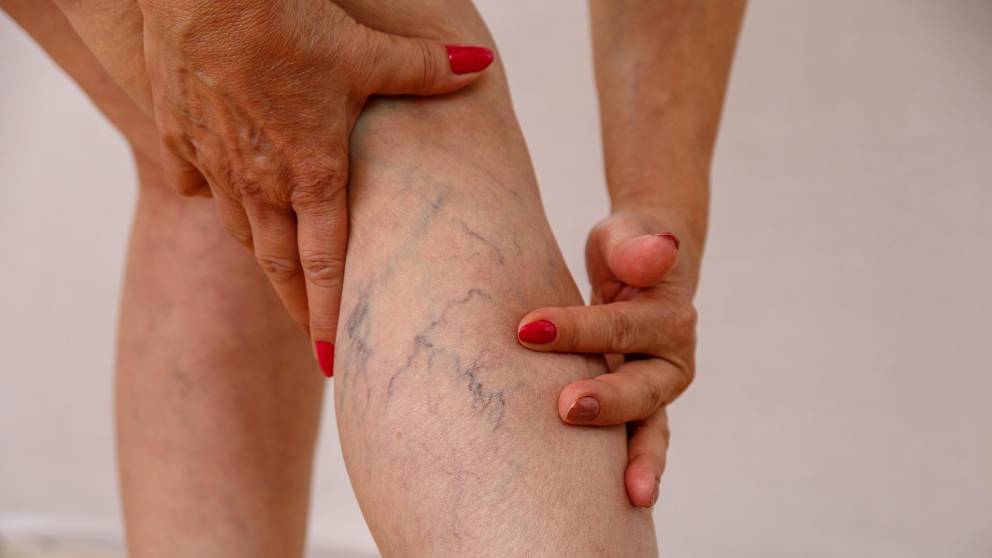Veins are a type of blood vessel responsible for carrying deoxygenated blood from your organs back to the heart. Like arteries, veins contain three separate layers –– the tunica externa, the tunica media, and the tunica intima.
Veins fall into one of two categories:
Table of Contents
TogglePulmonary Veins
Pulmonary veins carry deoxygenated blood from your heart to your lungs. Your lungs oxygenate the blood and pump it back to your heart. Pulmonary veins are unique because they’re the only type of vein capable of transporting oxygenated blood.
Systemic Veins
The majority of the veins in your body are systemic. Systemic veins carry deoxygenated blood from the rest of your body back to your heart. Your blood then enters the pulmonary circuit, where it becomes oxygenated.
Common Problems
Various problems affect the health and function of the veins, including:
- Varicose Veins
- Restless Legs Syndrome
- Leg Ulcers
- Leg Wounds
- Leg Discoloration
- Leg Pain
- Deep Vein Thrombosis (DVT)
- May-Thurner Syndrome
- Chronic Venous Insufficiency
Another common health problem that affects the veins is superficial thrombophlebitis causing blood clots to form in an inflamed superficial vein –– a vein located just beneath your skin’s surface.
How are Problems With the Veins Diagnosed?
To diagnose problems with the veins, the team at Imaging & Interventional Specialists conducts a physical exam, reviews your medical history, and asks about your symptoms and lifestyle. They may conduct additional tests, such as venography or a vein ultrasound.
Venography allows the team to take X-ray images of your veins. A vein ultrasound uses high-frequency soundwaves to take detailed pictures of your veins in real-time. It’s a quick and non-invasive way to detect blocked or narrowed blood vessels and blood clots.
How are Problems With the Veins Treated?
Whenever possible, the team at Imaging & Interventional Specialists uses non-surgical, pin-hole procedures to treat vein-related problems. Pin-hole procedures allow for quicker recovery, fewer risks, and fewer complications.
Depending on your diagnosis and the severity of your symptoms, the team might recommend:
- IVC Filter Placement and
- Removal
- Thrombolysis
- Endovenous Laser Ablation
- Sclerotherapy
Ultimately, vein treatment aims to ease uncomfortable symptoms, improve circulation, and lower your risk of more serious health problems like a heart attack or stroke.

If you’re concerned about the health of your veins, schedule an appointment at Imaging & Interventional Specialists. Call the office, or book a consultation online today.
Some of the conditions related to veins that we treat are:

